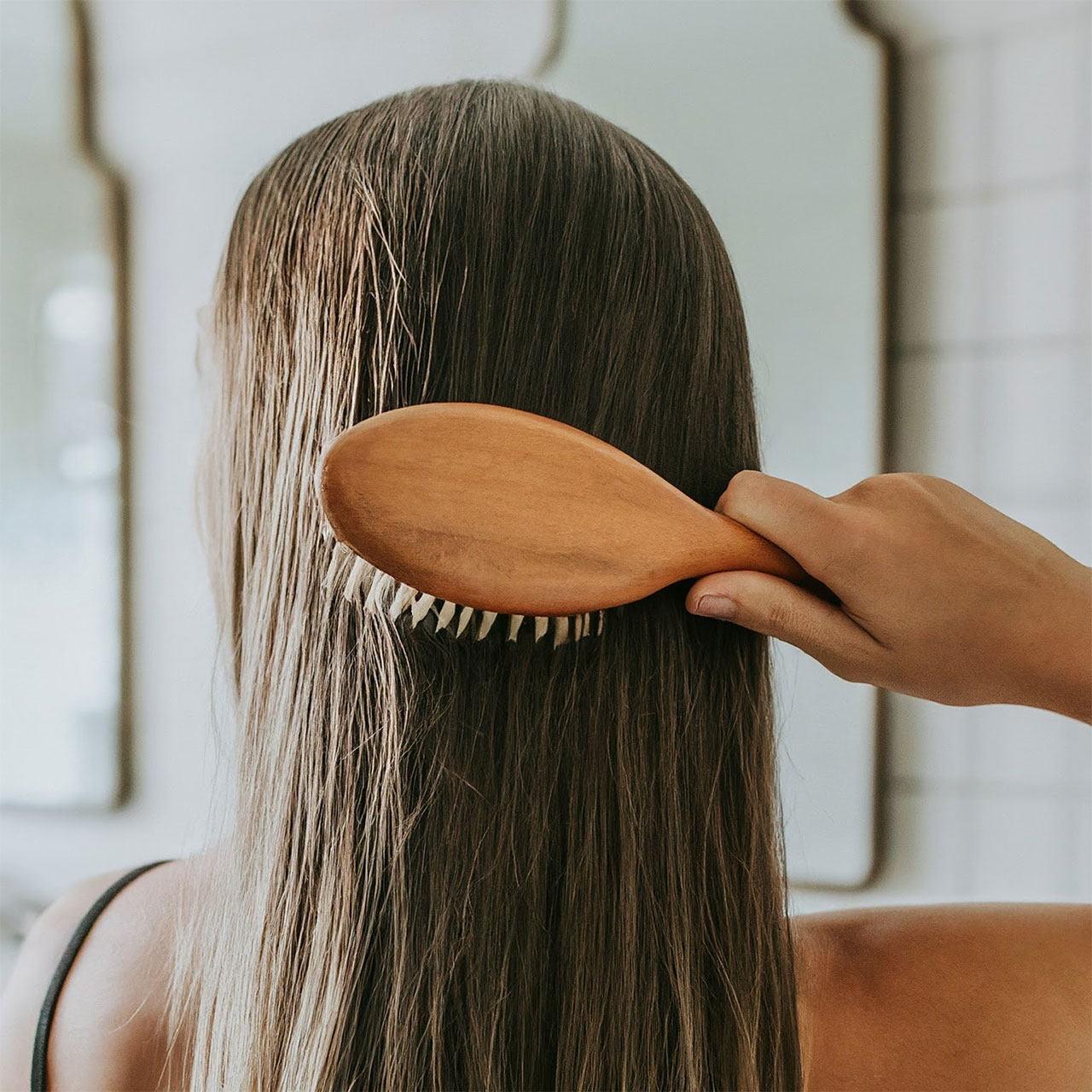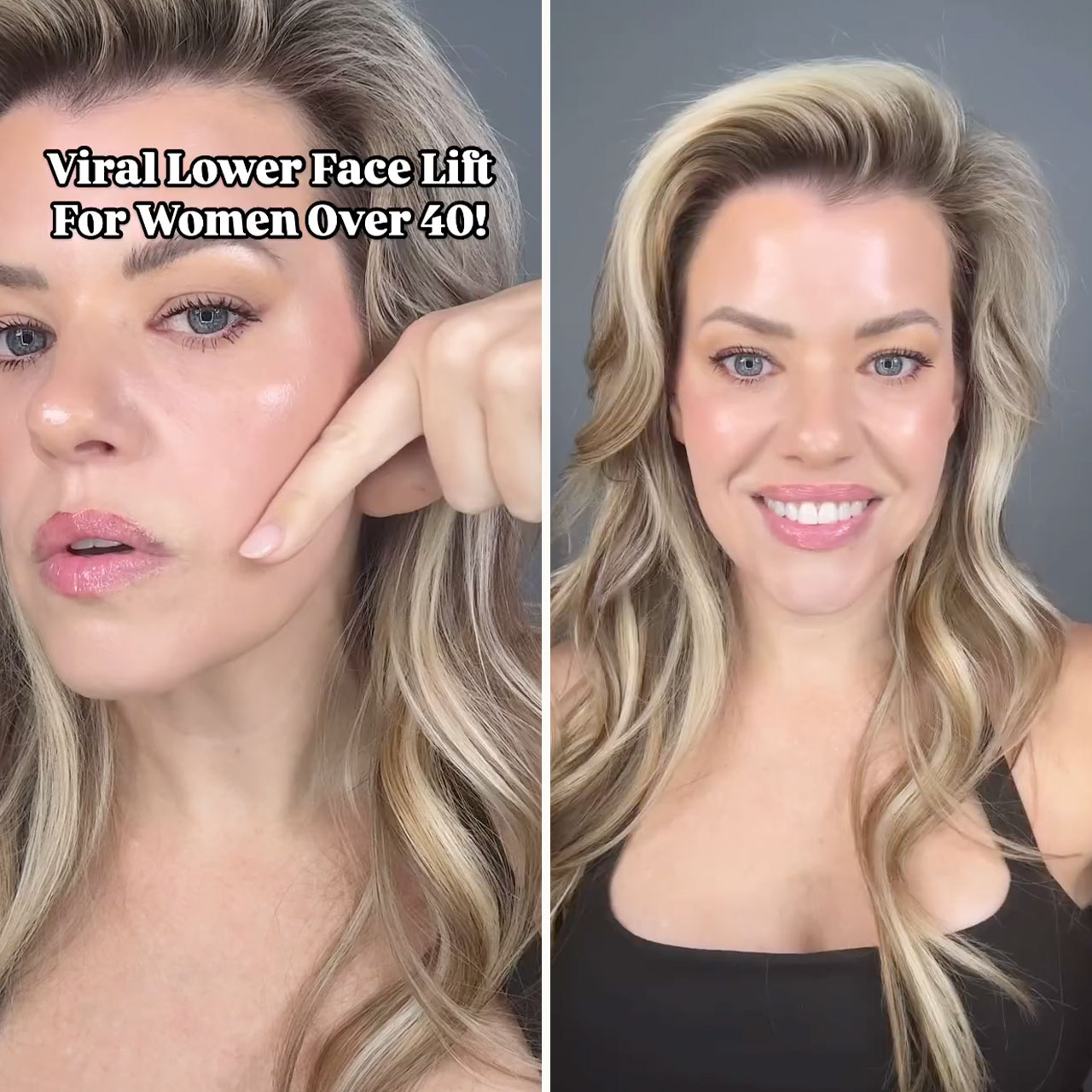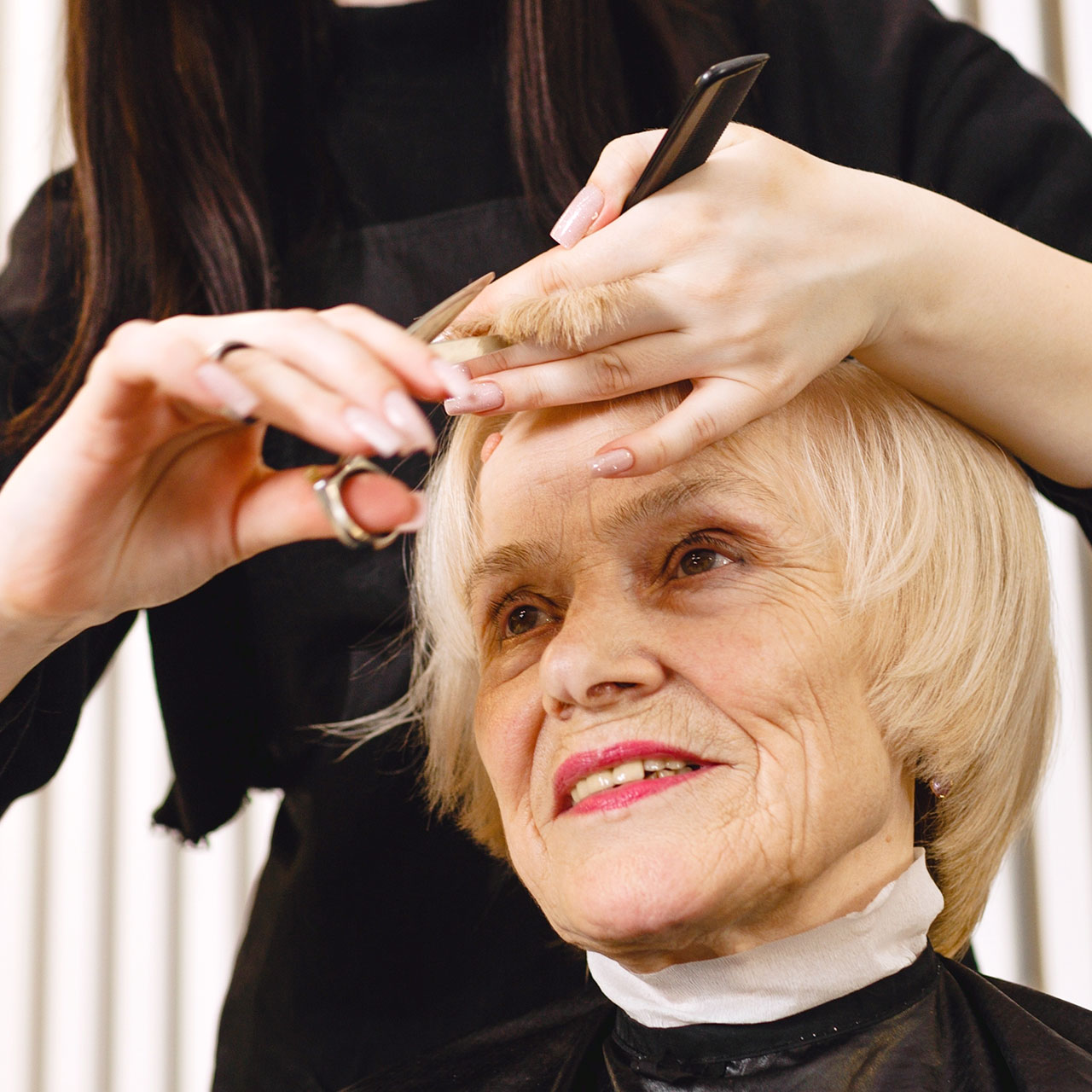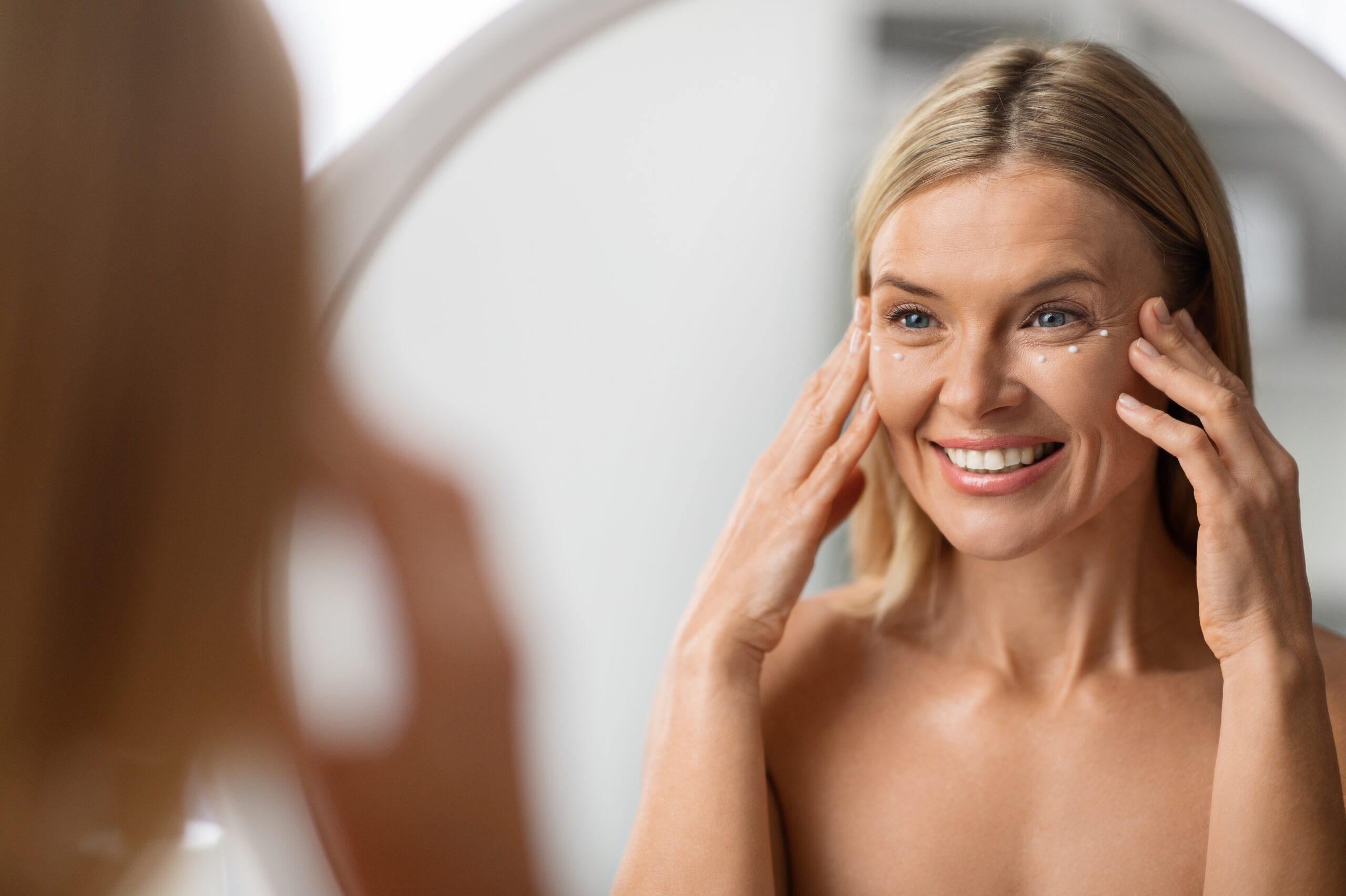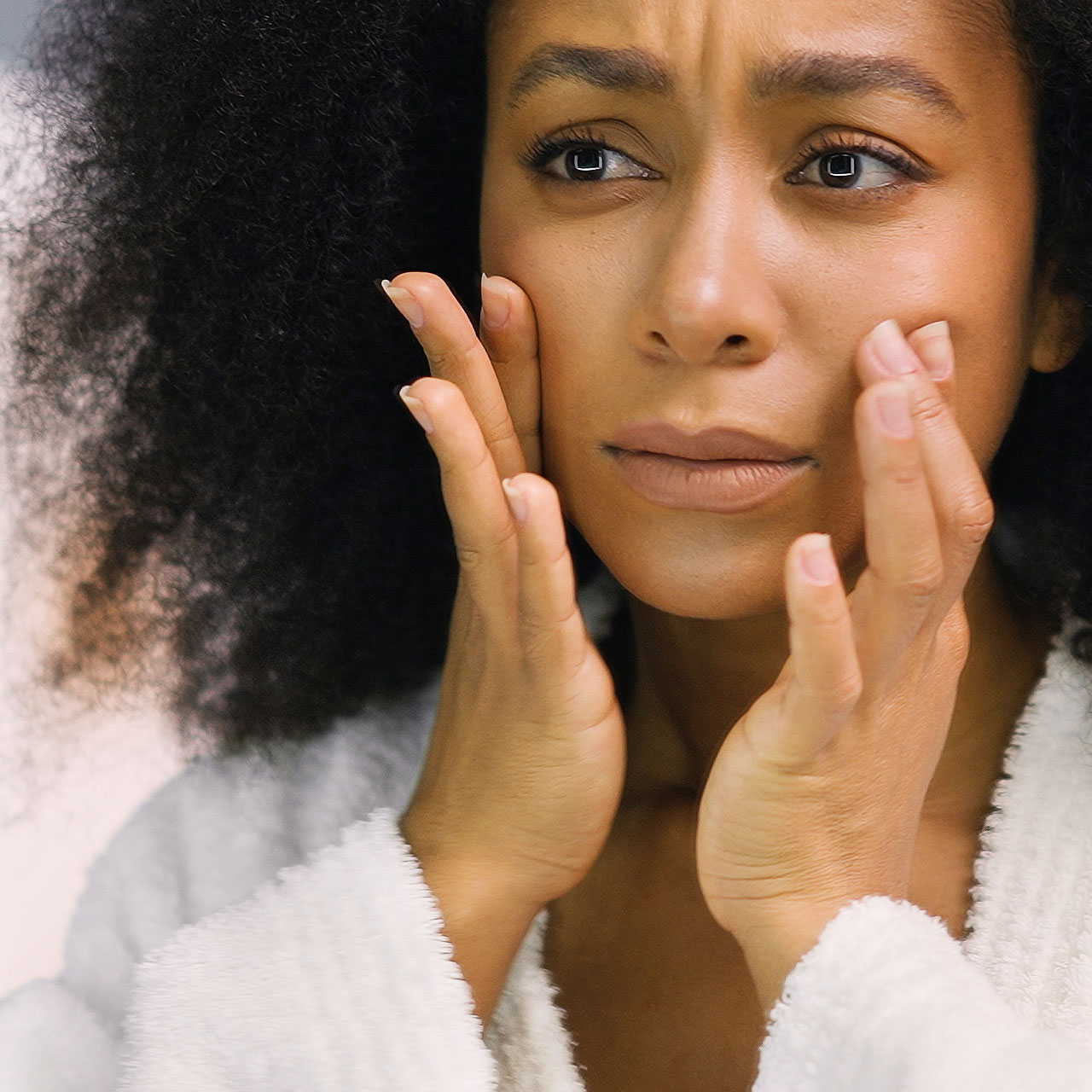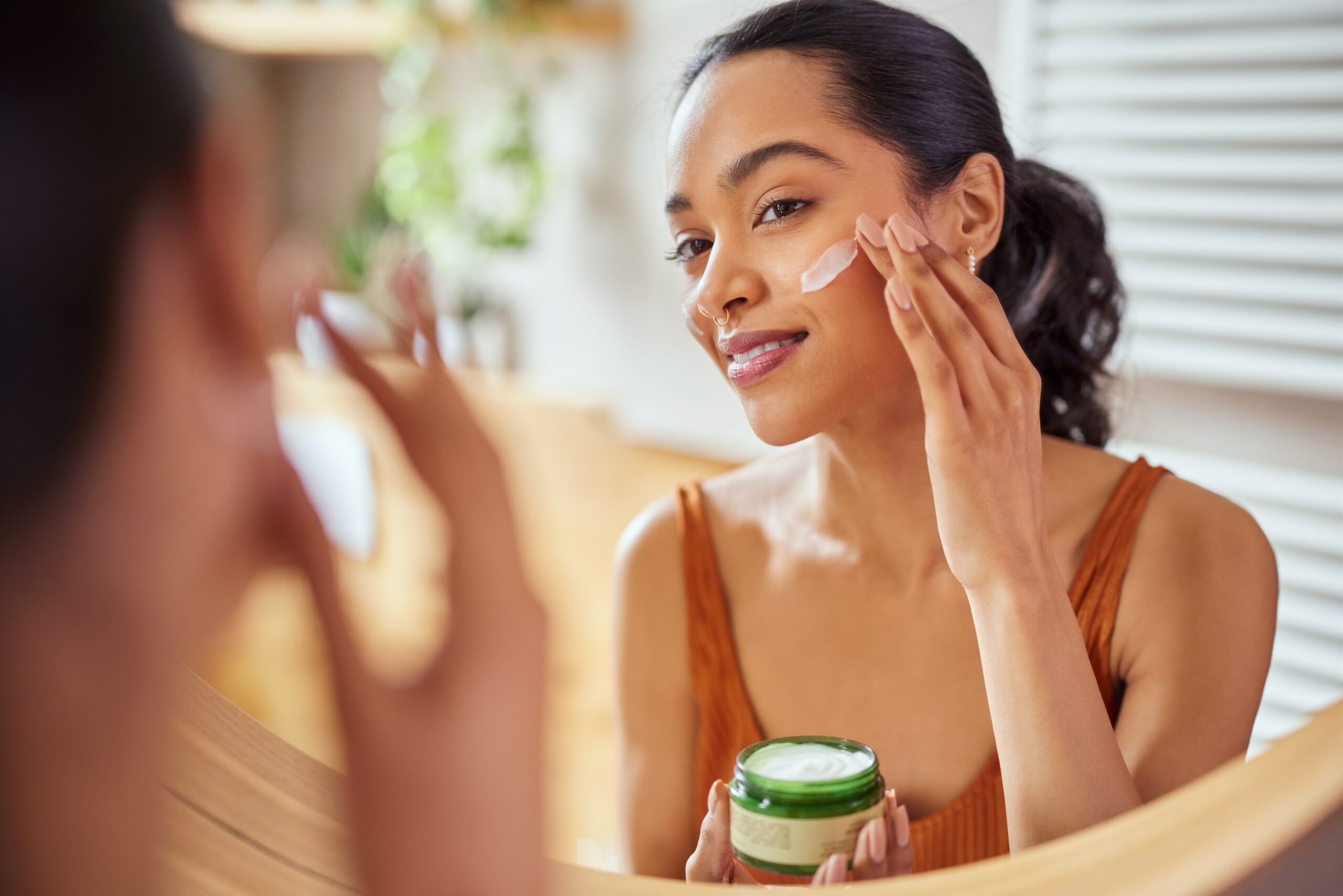This is an archived article and the information in the story may be outdated. Please check the time stamp on the story to see when it was updated last.
The drugstore can be a fantastic resource for affordable, high-quality beauty products to add to your collection. If you aren’t prepared to shell out half a paycheck at Sephora, the opportunity is still available to create a skincare routine of your own that stops aging as well as J Lo has. But while the drugstore does have a wealth of great products to choose from, it can also be a minefield of tricky ingredients that you should avoid because they actually make your skin worse. Fortunately, skincare experts have weighed in on exactly what to look for the next time you’re taking a trip to the drugstore for some new products to add to your skincare arsenal.

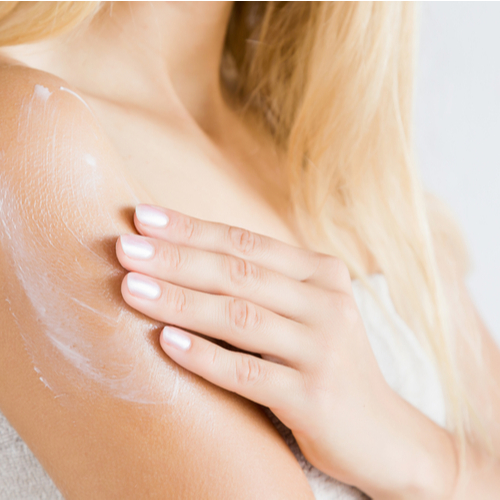
Silicones
According to cosmetic chemist Vanessa Thomas, silicones should be avoided as they create a film over the skin instead of actually soaking into the surface, meaning that they can lock in dirt and oil. She explains, “Silicones are used in a variety of cosmetic products, from skincare to haircare. Common types of silicones include Cyclopentasiloxane, Cyclohexasiloxane, Dimethicone, and Cetearyl Methicone. Silicones' main function is as an occlusive, which means it forms a barrier that resists water and air. Silicones are a no for oily skin, and are best saved for hair products.”

Toners
Skincare expert and scientist Cheryl Woodman notes that drugstore toners on the whole are better left on the shelf if you’re looking to improve your skin. Woodman explains, “Drugstore toners are often laden with alcohol which can leave skin with a satisfying ‘tightening’ feel. This however is not your skin becoming firmer but a side effect of lipid stripping and astringent effects. As alcohol strips skin of natural oils skin becomes vulnerable to dehydration – a symptom which can be felt as tightness. Alcohol’s astringent effects add to this, causing the shape of skin proteins to change, impeding skin barrier formation and therefore leading to dryness, dehydration and accelerated signs of skin ageing.”
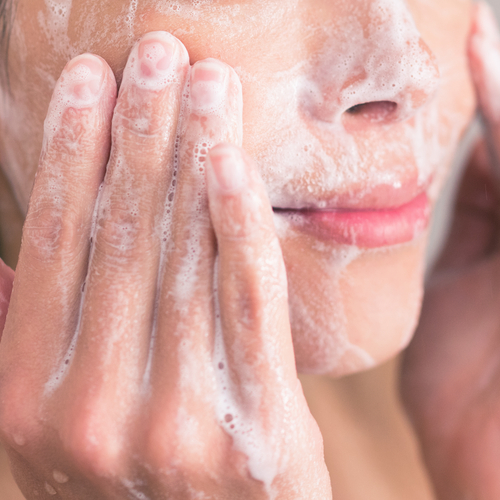
Parabens
Parabens, a preservative which can be found in many skincare products are intended to prevent bacteria and mold growth within a product. However, parabens are bad for your skin as they can be easily absorbed, allowing the chemical to enter your body. Board certified dermatologist Dr. Anna Guanche recommends avoiding parabens as they may contribute to hormone imbalance. She warns to check the label before purchasing to make sure that the product is paraben-free.
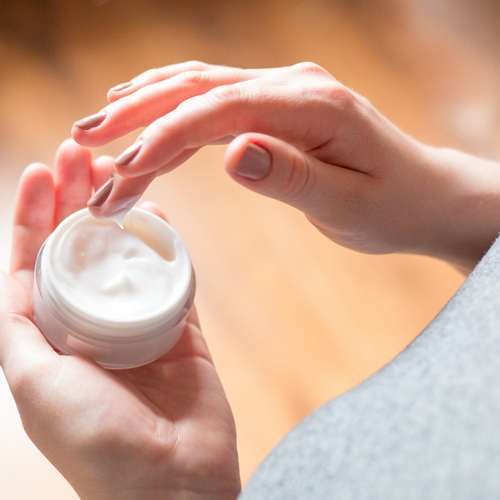
Synthetic Fragrances
If a skincare product contains synthetic fragrances, it’s safe to assume it won’t be great for your skin. Guanche notes, “Fragrances are one of the most common culprits behind rashes, also known as allergic contact dermatitis. If you find that you get a rash after using a new skincare product, you may be allergic to fragrance within the product.” If you plan to opt for a drugstore product, make sure you choose something which is fragrance free to lower your risk of a reaction.
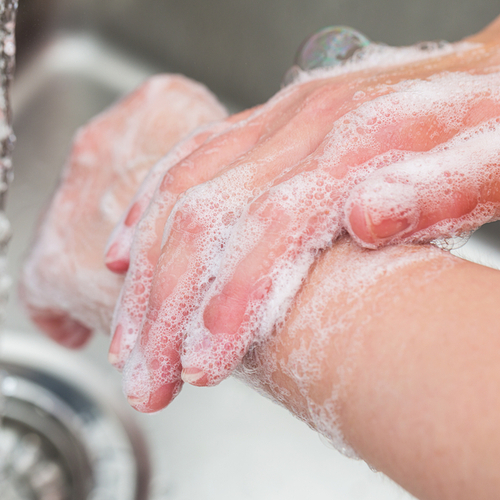
Sodium Lauryl Sulfate
Sodium lauryl sulfate is a detergent known for making products lather. This means that the ingredient can be found in anything from shampoo and conditioner, to foaming face wash. However, Guanche warns, “This chemical can strip the natural oils from the skin barrier leading to irritation and excessive dryness to the skin.” If you have eczema or naturally dry skin, check the ingredient list to ensure your new products are free of sodium lauryl sulfate.
Purchasing skin care from the drugstore can be great for both your skin and your budget--as long as you know what to avoid! While it may take a little longer to choose a product based off of the ingredients list, you’ll be happy to know you can create a great skincare routine on a budget without making your skin worse.



